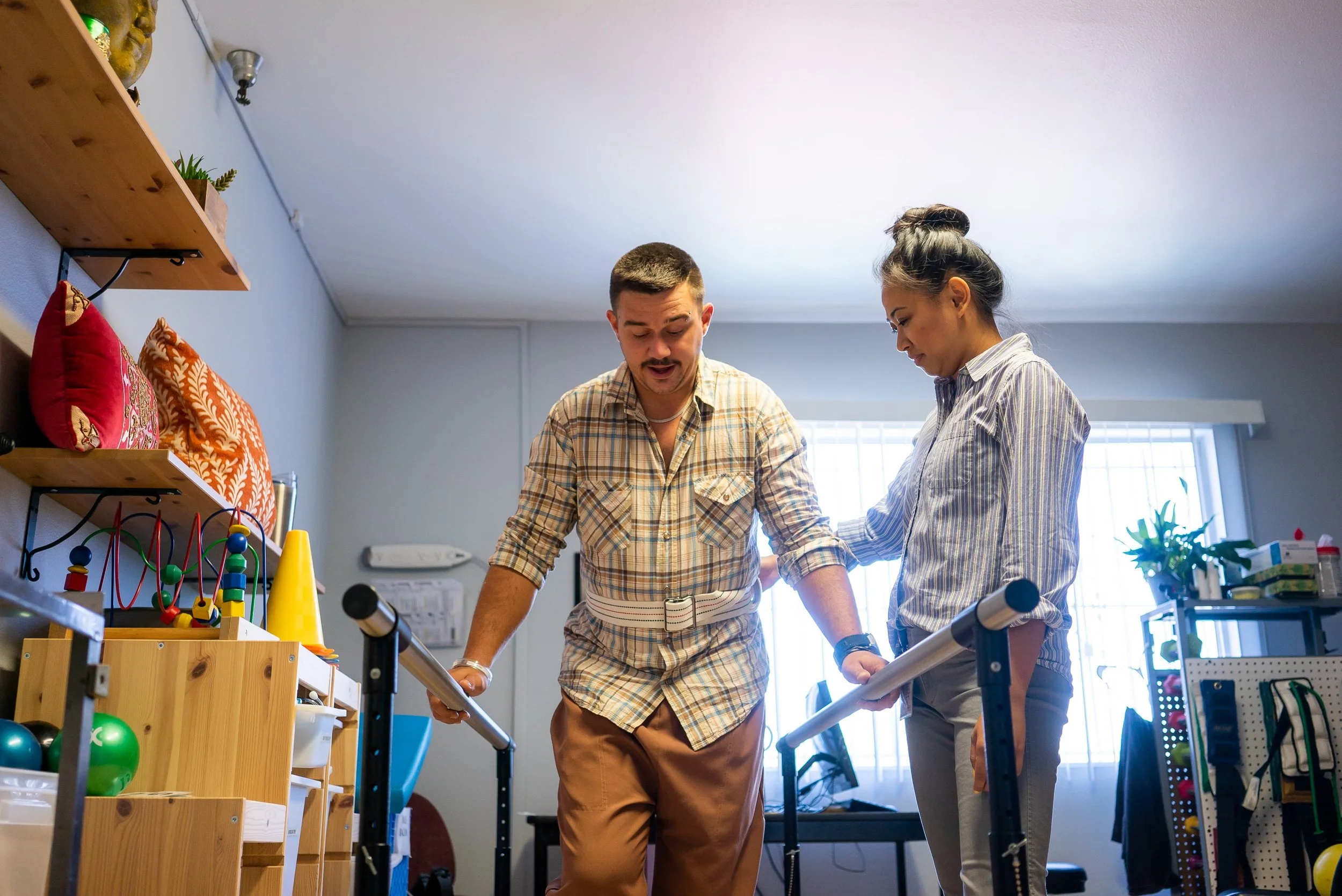How Do You Recover From Caregiver Fatigue?
Caring for a loved one as they get older can be a rewarding job. But depending on the scope of their needs and the scope of the other responsibilities in your life, caregiving can also be stressful. The emotional exhaustion combined with the often physical demands of caregiving as well as grief about the lost past and anxiety about the unknown future, often lead to caregiver fatigue, also known as caregiver burnout. It’s common and can have a negative impact on both the caregiver and their loved one, but recovery is also possible. Here’s how.
How to recover from caregiver burnout / caregiver fatigue
Caregiver burnout feels like an endless cycle of stress. This can cause symptoms similar to those associated with depression, including social withdrawal, a loss of interests in once-enjoyable activities, and changes in weight, appetite, and sleep patterns. And because the responsibilities involved with caregiving for an aging loved one tend to increase with time, the burnout can feel neverending. But it is possible to recover from caregiver fatigue.
It’s important to note that recovering from caregiver fatigue involves quite a bit of focusing on the needs of the caregiver, which can seem counterintuitive and may even cause feelings of guilt. It can be helpful to remember that a fatigued caregiver cannot provide the quality of care that a healthy caregiver can. Taking care of yourself and tending to your own needs isn’t selfish—it’s necessary for the good of you and those you care for.
Connect with friends and family
Many caregivers find that between their own job, their children, and their aging parents, there isn’t much room left in the schedule for a social life. But this can lead to feelings of isolation and even symptoms of depression. Try scheduling regular downtime with friends or other people whose company you enjoy. Arrange for someone else to take over caregiving responsibilities during this time so you can really let go and enjoy yourself.
Practice self-care
When caring for others, it can sometimes feel like there’s always more you can do to help keep them healthy, comfortable, and happy, especially if they are limited in what they can do for themselves. While the desire to do all you can for another person certainly is a great quality to have if you’re a caregiver, it can also lead to depletion and burnout if you don’t also take the time to care for yourself. At the very least, you should be sure to give yourself:
Sufficient sleep
Nutritious foods
Daily exercise
Plenty of hydration
If you experience caregiver burnout, check for depletion in these areas first. You may be surprised by what a difference any one of them can make in how you feel.
Meditate
The demands of caregiving can be emotionally exhausting and stress-inducing, and they can also wreak havoc on your health and wellbeing. Meditation has calming effects on many of the body’s physiological systems. It has been shown to decrease symptoms of anxiety, boost mood, and stimulate feelings of wellbeing. Additionally, meditation can provide a sense of clarity that makes it easier to navigate the immediate challenges of caregiving.
Set realistic expectations
There are only so many hours in a day, and one individual can only do so much. Your basic self-care is a really good way to measure the outside boundaries of your limits. If your caregiving responsibilities consistently push your yoga class off the calendar or limit your self-care time to a mere three-minute shower every morning, then it may be time to make adjustments. Asking for help doesn’t come easily for everyone, but it could be the best thing you do for everyone involved. One of the keys to recovering from caregiver burnout is to do everything you can to avoid it moving forward. Setting realistic expectations of yourself is an important step.
There’s no shame in asking for help if you need it. None of us are doing this alone. Whether it’s a family member, a home healthcare service, a skilled nursing facility, or a support group for caregivers, the help you seek will get you one step closer to living a healthy, balanced life and giving your loved one the quality time they deserve.
Occupational Therapy for Dementia in Lemon Grove | Bella Vista Health Center
Caring for a loved one with dementia has its own particular set of challenges. Occupational therapists are trained to work with dementia patients to address the challenges that interfere with their ability to perform the tasks of daily living. The therapist creates a treatment plan designed to help overcome those challenges, providing exercises aimed at improving function and maintaining healthy habits and routines. The occupational therapy program for dementia at Bella Vista helps to maximize patient independence and improve their quality of life. Our therapists also provide caregivers with education tips, tools, and strategies for maintaining a safe, calm, environment that will help make their job easier—and more rewarding.
For more information on our services or to schedule a tour of our 5-star skilled nursing facility, give us a call at (619) 644-1000 today.









